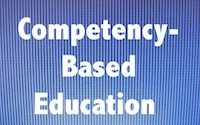
Enriching Higher Education with Social Media: Development and Evaluation of a Social Media Toolkit
While ubiquitous in everyday use, in reality, social media usage within higher education teaching has expanded quite slowly. Analysis of social media usage of students and instructors for teaching, learning, and research purposes across four countries (Russia, Turkey, Germany, and Switzerland) showed that many higher education instructors actively use social media for private purposes. However, […]
















